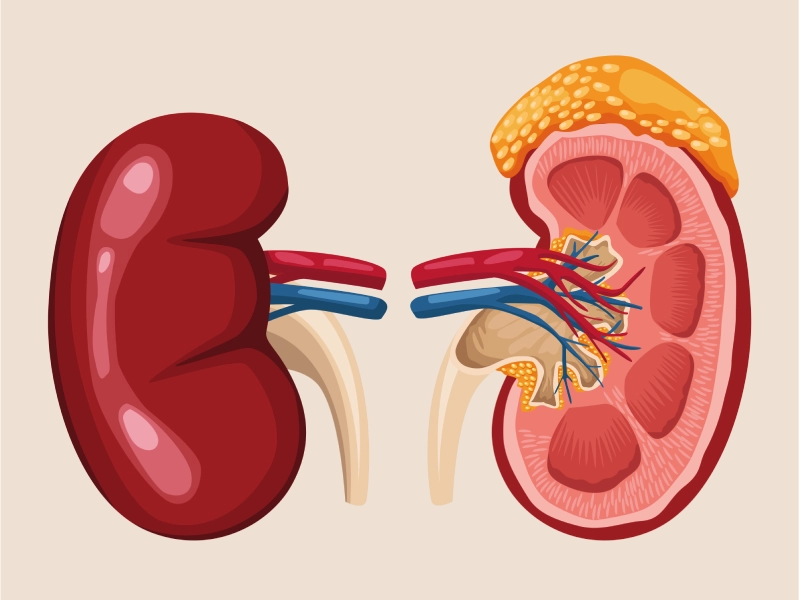Screening tests for the detection of kidney disease

Most individuals with kidney disease in its initial phase do not exhibit any symptoms. To identify damage in the early stages, a urine test is the most effective method. This test can detect minimal amounts of protein in the urine, known as albuminuria. For diabetic individuals, getting their urine tested for protein (albumin) is crucial to identifying early signs of kidney damage. Detecting kidney disease early and providing appropriate treatment can help prevent it from progressing.
Urine albumin test
The urine albumin test is used to check for the presence of protein or excessive amounts of albumin in urine. Normally, the kidneys do not filter albumin out of the blood, so the presence of these substances in urine indicates poor kidney function. The degree of kidney function can be determined by the amount of albumin found in the urine; the higher the level of albumin, the worse the kidney function.
Glomerular filtration rate (GFR)
The glomerular filtration rate (GFR) is a measure of the efficiency of the kidneys’ filtration system. By measuring the levels of creatinine in the blood, an estimate of the GFR can be obtained. A low GFR suggests that the kidneys are not functioning efficiently.
Urine Albumin/Creatinine Ratio (UACR)
In healthy kidneys, chemical waste such as urea and creatinine are filtered out of the blood and excreted in urine, but protein is not filtered. The urine albumin/creatinine ratio (UACR) is a measure of kidney damage, with a higher ratio indicating more severe damage.
Having a UACR (urine albumin-to-creatinine ratio) of less than 30 mg/g is considered normal, but if it exceeds 30 mg/g, it could indicate the presence of kidney disease. Your nephrologist will conduct further urine tests if albumin is detected in your urine sample, and they may repeat the tests one or more times to verify the results.
How do I know if my kidney disease is getting worse?
It’s important for you to stay informed about the regular and frequent test results you receive. By keeping track of your test results, you and your nephrologist can determine whether your kidney disease is stable or progressing. Your nephrologist will regularly monitor your blood pressure, blood sugar levels, GFR, creatinine levels, and urine albumin/protein levels if you have kidney disease. It’s essential to have regular follow-ups with your nephrologist to effectively manage your kidney disease.